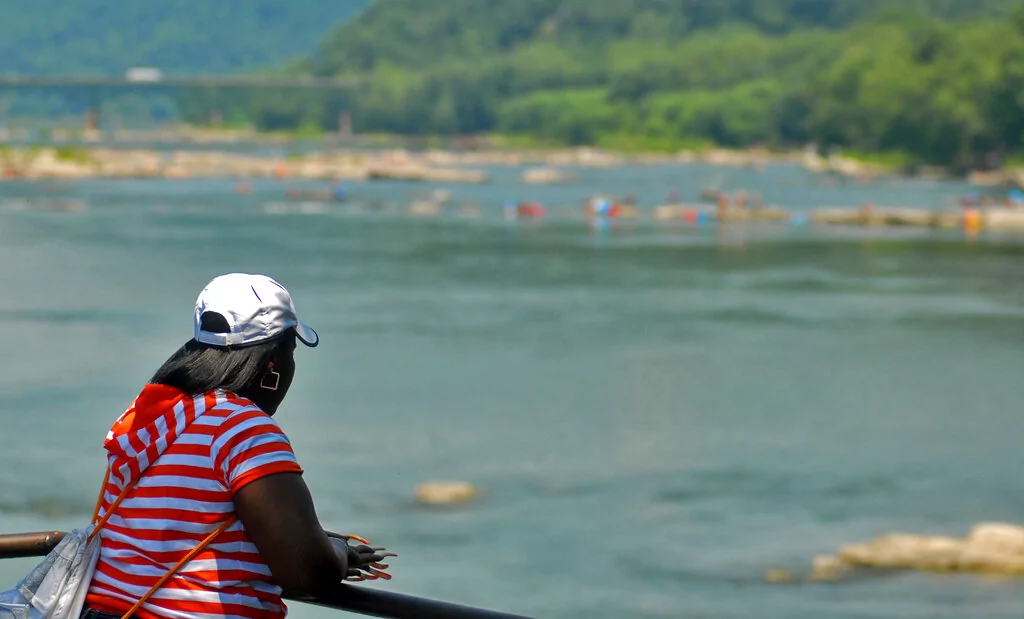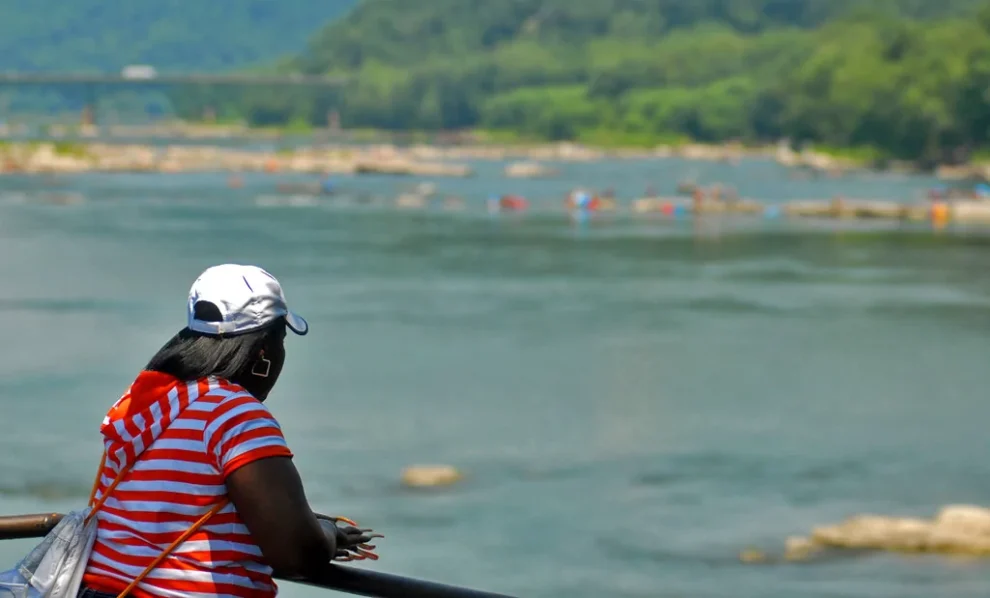Washington, D.C., is in no hurry to make swimming in the Potomac River legal despite significant improvements made in the river’s water quality and bacterial levels.
Under Washington law, swimming in the Potomac River has been illegal since 1971. At the time, Washington enacted a swimming ban to prevent illness due to concerns about high amounts of bacteria in the Potomac and Anacostia rivers and Rock Creek. However, a new report from a coalition of environmental groups says that bacterial concerns are no longer a concern. The coalition’s three-year study determined five locations along the Potomac River tested for bacterial levels passed water quality standards more than 80% of the time.

“Washington Channel (where the Wharf is located) passed 98% of the time; the Tidal Basin passed 97%; Buzzard Point (on the Anacostia) passed 85%; Kingman Island (on the Anacostia) passed 83%; and Thompson Boat Center (on the Potomac) passed 82%,” the report said.
A massive sewer project by the District of Columbia Water and Sewer Authority has also led to a significant improvement in the Potomac’s water quality over the past few years. While sewers had overflowed up to 80 times a year into the Anacasotia River, which flows into the Potomac, the D.C. Water sewer project is set to prevent 98% of overflows. The project will wrap up next year.
The improvements indicate Washington could now have a basis to loosen its ban on swimming. “The public should have a right to do that,” Potomac Riverkeeper Dean Naujoks told DCist.
CLICK HERE TO READ MORE FROM THE WASHINGTON EXAMINER
When the Washington Examiner reached out to Washington’s National Park Service about the report, it was directed to the 1971 law, indicating no plans have been made to update the swimming ban. The District of Columbia’s mayor’s office did not respond to a request for comment.
The nation’s capital was formerly home to vibrant waterways, where residents enjoyed free access to clean water. As the city developed, it lost approximately 70% of its historic streams. Swimming holes, including one where the district’s Union Station now is, have vanished.
























